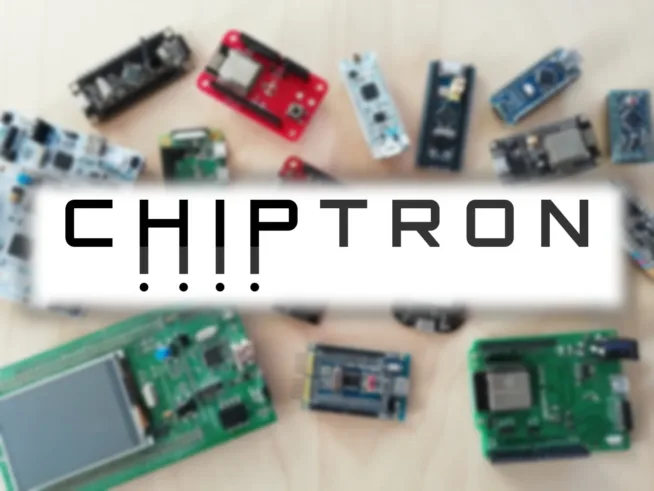It is here. STM32F746 has own discovery board.
Basic parameters of STM32F746:
– core ARM? 32-bit Cortex?-M7 CPU with FPU
– 1MB FLASH and 340KB RAM
– frequency up to 216 MHz
power 462 DMIPS/2.14 DMIPS/MHz (Dhrystone 2.1)
STM32F746
– USB functions: virtual COM port, mass storage, debug port
– 4.3-inch 480×272 color with capacitive touch screen
– Two ST MEMS microphones
– Two pushbuttons (user and reset)
– 128-Mbit Quad-SPI Flash memory
– 128-Mbit SDRAM (64 Mbits accessible)
– Two USB OTG
– ethernet connector
– Power supply output for external applications: 3.3 V or 5 V
– Arduino Uno V3 connectors
http://www.st.com/web/catalog/tools/FM116/SC959/SS1532/LN1848/PF261641?s_searchtype=partnumber



